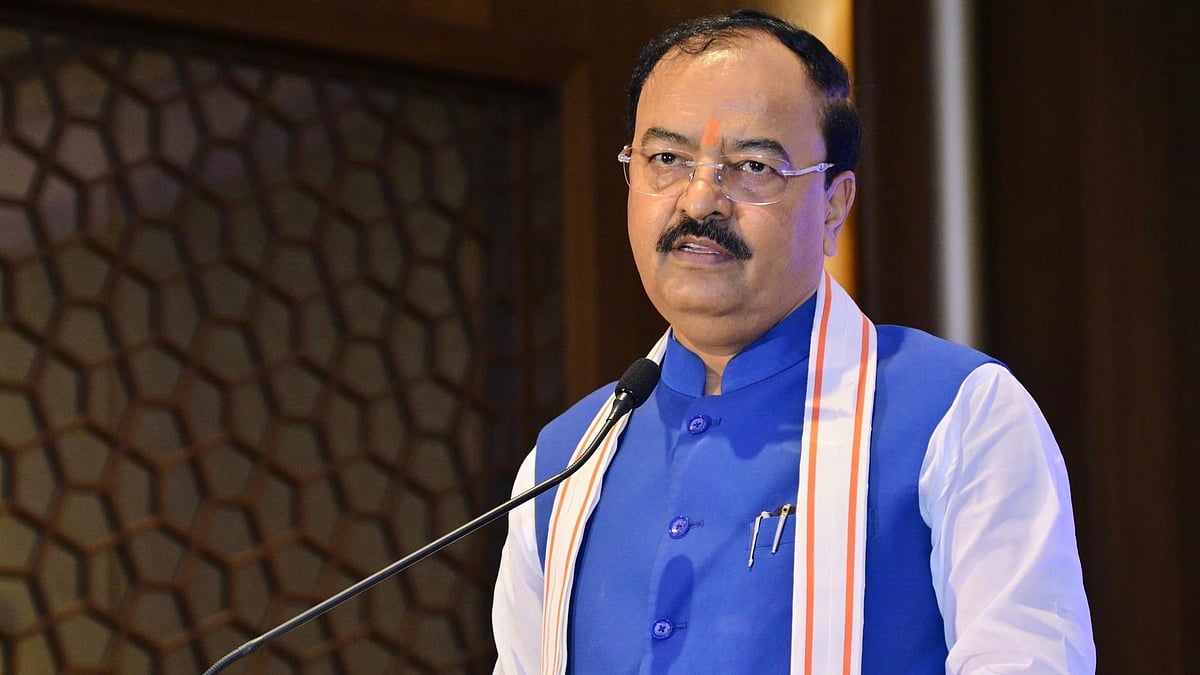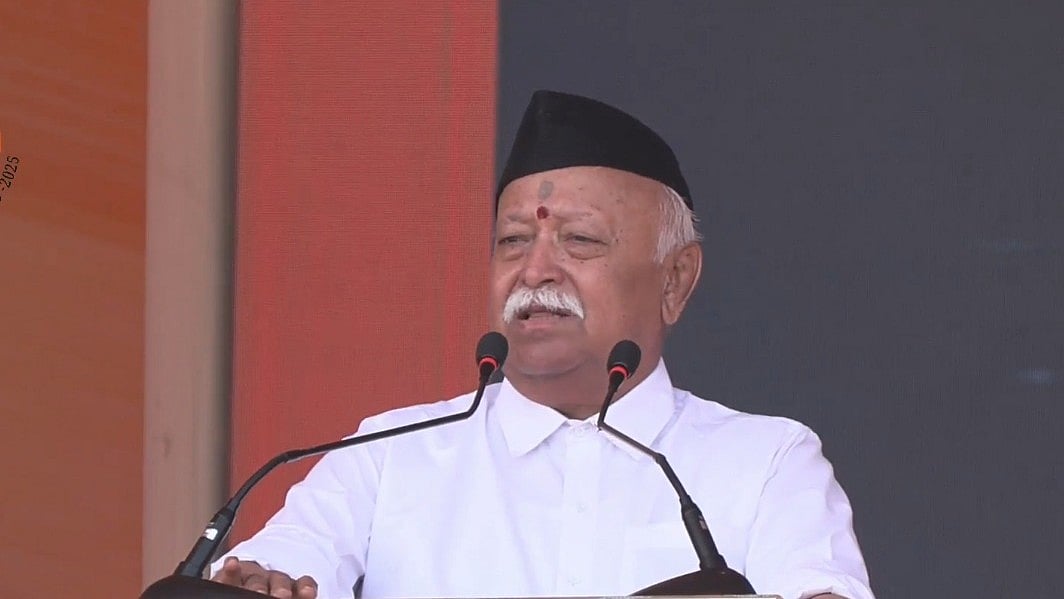Film personality Nawazuddin Siddiqui is in the news and viral on social media for his sayings on depression. Many are criticising him for his negative remarks. As a psychiatrist, I need to analyse his thought process, when he said, “Depression is an urban concept. It is a city thing where people glorify even the smallest emotion.” He further added, “If I told my father that I am feeling depressed, he would give me one tight slap. As no one gets depressed in villages, every one is happy there.”
Before proceeding with the analysis, I want to share that I deal with at least 8 to 10 cases of depression daily. I was seeing a 20-year-old boy who was suffering from depression. He was accompanied by his bureaucrat uncle and businessman father.
The bureaucrat uncle said, “There are all comforts available to this boy. There is no stress for a single penny. What is there to be depressed about? I told his father to give him some slaps, he will be all right.”
The “Slap therapy” argument by relatives is not uncommon to a psychiatrist. It is also a very common opinion in the community. But does such “Slap therapy” really work? It might gag the expressions of emotions. It silences them. Hence people may not open up to say they are depressed. It adds depression to the depressed.
Another aspect of the “slap” angle is that it’s not always the physical expression of slapping — these people are verbally criticised, laughed at and ridiculed. It silences them completely. What happens when depression is silenced or not vocalised or not accepted in culture? Does it get cured?
About the existence of depression in rural areas, research says that prevalence of depression is significantly higher among rural than among urban populations (6.1% versus 5.2%). If depression is higher in rural areas, yet it is not expressed emotionally, then It changes its form. It changes its languages. Depression is so smart that it expresses itself in the way that you understand it. There are functional somatic complaints (FSC) which dominate the illness. Indian research done in 2012 by Grover et all suggested that there is 100% prevalence of functional somatic complaints in patients of depression. These FSC are feeling tired or having low energy (92.7%) as the most common symptom, followed by troubled sleeping (79.9%), nausea, gas and indigestion (68.2%), headache (68.2%), pain in arms, legs, or joints (65.9%), and feeling that heart is racing (65.2%) as other common symptoms. In some cases these FSC are lack of energy much of the time (98%) as the most common symptom, followed by feeling tired when not working (82%), head feeling heavy (74%), feeling constriction of head as if being gripped (68%), and aches and pains all over the body (64%) as the other common symptoms. These people meet physicians frequently and it leads to increased utilisation of healthcare services, and a greater economic burden.
Nawazuddin sahab, gaon mein “depression” nahin hota, wahan bina wajah thakaan hoti hai, neend nahi aati hai, sardard hota hai, gas hoti hai, haat aur pair me dard hota hai, dil joron se dhadkata hai.
As Nawazuddin said, city people glorify emotion. If you vocalise your emotions, accept them and get treated, it’s like treatment for any physical illness. If you don’t vocalise then depression turns into FSC (functional somatic complaints), increasing the economic burden. So it’s better to vocalise it than to have pains and aches.
Like the bureaucrat, however, many parents and people feel there is no reason to be depressed.
Stephen Fry, English comedian and actor rightly said, “If you know someone who’s depressed, please resolve never to ask them why. Depression isn’t a straightforward response to a bad situation; depression just is, like the weather.”
Yes, depression is not due to some single reason. Research has proven that it is multifactorial. It has a lot of genetic predisposition and numerous situational or environmental factors.
In a 2021 UNICEF survey, around 14% of 15 to 24-year-olds in India reported frequently feeling depressed or disinterested. The World Health Organization’s 2015 report suggested that 4.5% of the Indian population, or approximately 56,675,969 people, were affected by depressive disorders.
Depression is one of the most commonly diagnosed mental disorders in primary care settings. In India, it is estimated that nearly one-third of patients seeking help from healthcare facilities could have symptoms related to depression.
So, depression exists in rural as well as urban areas of India. It exists in advanced countries and developing countries. It may express itself as emotional pain or physical pain, or both. It is very disabling. By 2030, unipolar depression is predicted to be the second leading contributor to the global burden of disease. Disability due to depression exceeds disability due to all forms of cancer and diabetes mellitus combined, as well as exceeding the disability due to stroke and hypertensive heart diseases (WHO 2004).
Depression takes away productivity and working capacity. I see many corporate workers whose productivity is reduced. They feel burdened. So even if the person is not expressing themselves emotionally, work capacity is definitely reduced. Lastly, depression needs treatment. Criticism and “Slap therapy” silences the expression but does not improve it.
Treatment by medication and psychotherapy has shown great benefit; it restores productivity and improves the overall quality of life. The answer is not to deny depression, but to accept it as an illness that can be diagnosed and treated.
Dr Shailesh Umate is a consultant psychiatrist, sexologist and addiction specialist, whose mission is spreading awareness about mental health and well-being











